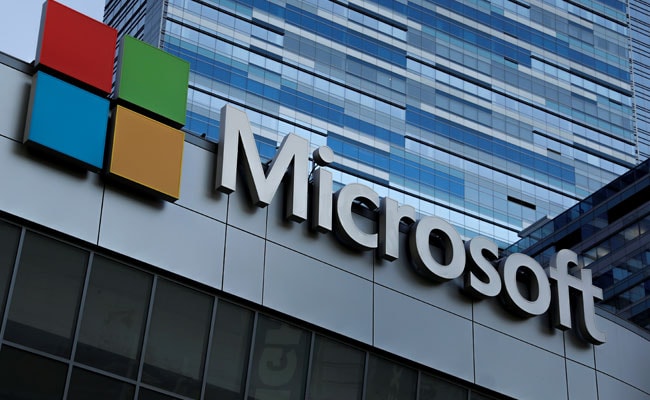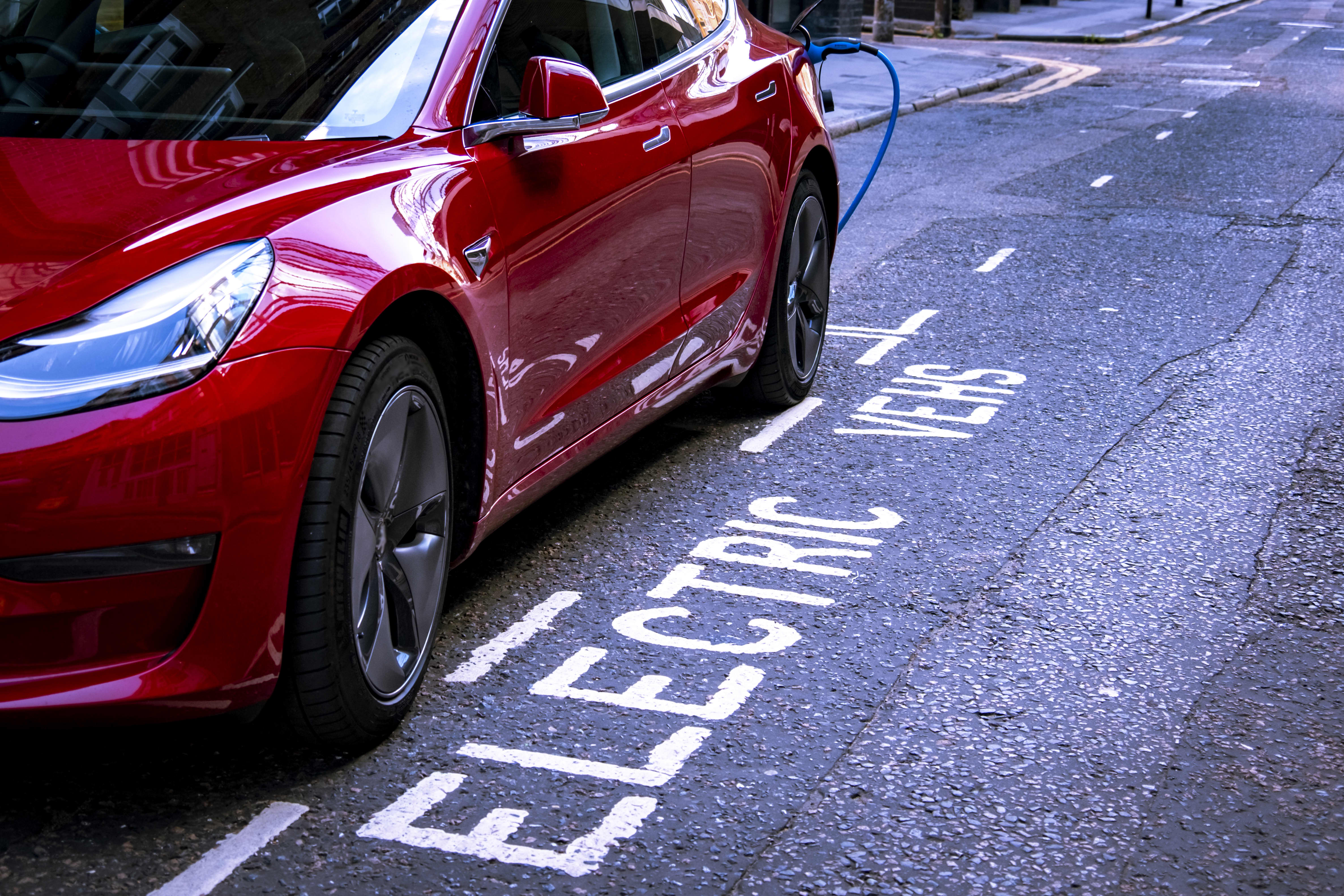What minimum-wage increases did to McDonald’s restaurants — and their employees
President Joe Biden and Democratic lawmakers are making a push to increase the federal minimal wage to $15 an hour from the present $7.25. Some lawmakers and enterprise homeowners who’re in opposition to the concept say it will create dangerous results, together with enterprise closures, job loss and an acceleration of the shift towards automation.
But these results didn’t materialize in a five-year evaluation of the impacts of minimum-wage increases at state and native ranges as evidenced at greater than 10,000 McDonald’s
MCD,
areas within the U.S.
In truth, on account of the almost 300 minimum-wage increases that came about between 2016 and 2020, many McDonald’s restaurants paid employees barely above the brand new minimal wage to retain employees. That’s in accordance to new research by Orley Ashenfelter, a Princeton University economist, and Štěpán Jurajda, an economist at Charles University in Prague.
The two economists collected survey information on the value of a Big Mac (together with gross sales tax) and wage charges of primary hourly employees above the age of 18 from no less than 90% of U.S. counties with a McDonald’s in yearly.
They discovered that the upper price of labor that outcomes from growing minimal wages will get handed on to shoppers within the type of dearer Big Macs.
More particularly, they estimated {that a} 10% minimum-wage improve leads to a 1.4% improve within the worth of a Big Mac. On common, Big Macs price $5.66 within the U.S., in accordance to the Economist’s Big Mac Index.
Previous research has steered that companies are extra doubtless to flip to automation to exchange low-skilled employees in response to minimal wage increases.
While greater than 75% of McDonald’s restaurants used touch-screen ordering kiosks in 2019, up from simply 20% in 2017, Ashenfelter and Jurajda weren’t ready to conclude whether or not this was instantly associated to minimal wage hikes.
Related: McDonald’s earnings miss expectations
Chris Kempczinski, McDonald’s president and CEO, acknowledged the push lawmakers are making to increase the federal minimal wage to $15 an hour on the corporate’s Thursday earnings name with traders.
“Our view is the minimum wage is most likely going to be increasing, whether that’s federally or at the state level,” he mentioned. As lengthy because it’s executed “in a staged way, and in a way that is equitable for everybody, McDonald’s will do just fine through that,” he added.
Separately, a McDonald’s USA spokesperson mentioned they’re “aware of the study and are reviewing it in detail.”
“It’s important to note that McDonald’s menu pricing is set by individual restaurant owner/operators and influenced by a number of market conditions, including employee wages, commodity costs and taxes,” the spokesperson mentioned. “We remain committed to offering customers high-quality, affordable options across our menu.”
Learn to grasp your cash: Sign up for MarketWatch’s free live series to boost your financial IQ
Because shoppers did not considerably in the reduction of on Big Macs on account of worth increases, company-owned areas did not want to shut down and even lay off employees, the examine discovered. However, the value increases that occurred additionally meant that the wage acquire employees acquired was successfully much less impactful, as a result of they as shoppers would have to pay extra for items equivalent to Big Macs.
What does this imply for the fast-food business?
The leisure and hospitality business, which incorporates restaurant employees, employs the best share of employees (11%) who earn hourly wages at or beneath the federal minimal throughout all industries, in accordance to research printed by the Bureau of Labor Statistics in 2019.
A separate 2013 study by University of California, Berkeley, economists discovered the fast-food business has the most important share of employees who depend on public advantages, with 45% utilizing authorities help.
A McDonald’s USA consultant had beforehand told MarketWatch that “the average starting wage at U.S. corporate-owned restaurants is over $10 per hour and exceeds the federal minimum wage.”
The National Restaurant Association, a commerce group, spoke out in opposition to a push in Congress to move the Raise the Wage Act of 2021, which was unveiled on Tuesday. Similar to the Raise the Wage Act of 2019, which handed within the House, the laws requires the federal minimal wage to improve to $15 an hour by 2025.
“Our industry runs on a 3-5% pretax profit margin in a good year — during a pandemic is not the time to impose a triple-digit increase in labor costs,” Sean Kennedy, government vice chairman of public affairs on the NRA mentioned in a statement. “Far too many restaurants will respond by laying off even more workers or closing their doors for good.”
Ashenfelter and Jurajda’s findings point out the alternative. However, Ashenfelter acknowledged that these findings is probably not translatable to different fast-food chains or industries as a result of “other firms might behave differently.”
In different phrases, as a substitute of elevating costs of products as McDonald’s did, some companies could as a substitute layoff employees.
Indeed, the Congressional Budget Office, a nonpartisan federal company, estimated that elevating the wage to $15 an hour by 2025 would lead to a median of 1.3 million job losses, although the identical variety of individuals would now not be dwelling beneath the federal poverty line if a $15-an-hour minimal wage have been enacted. Overall, CBO discovered, wages would rise for some 17 million employees.




